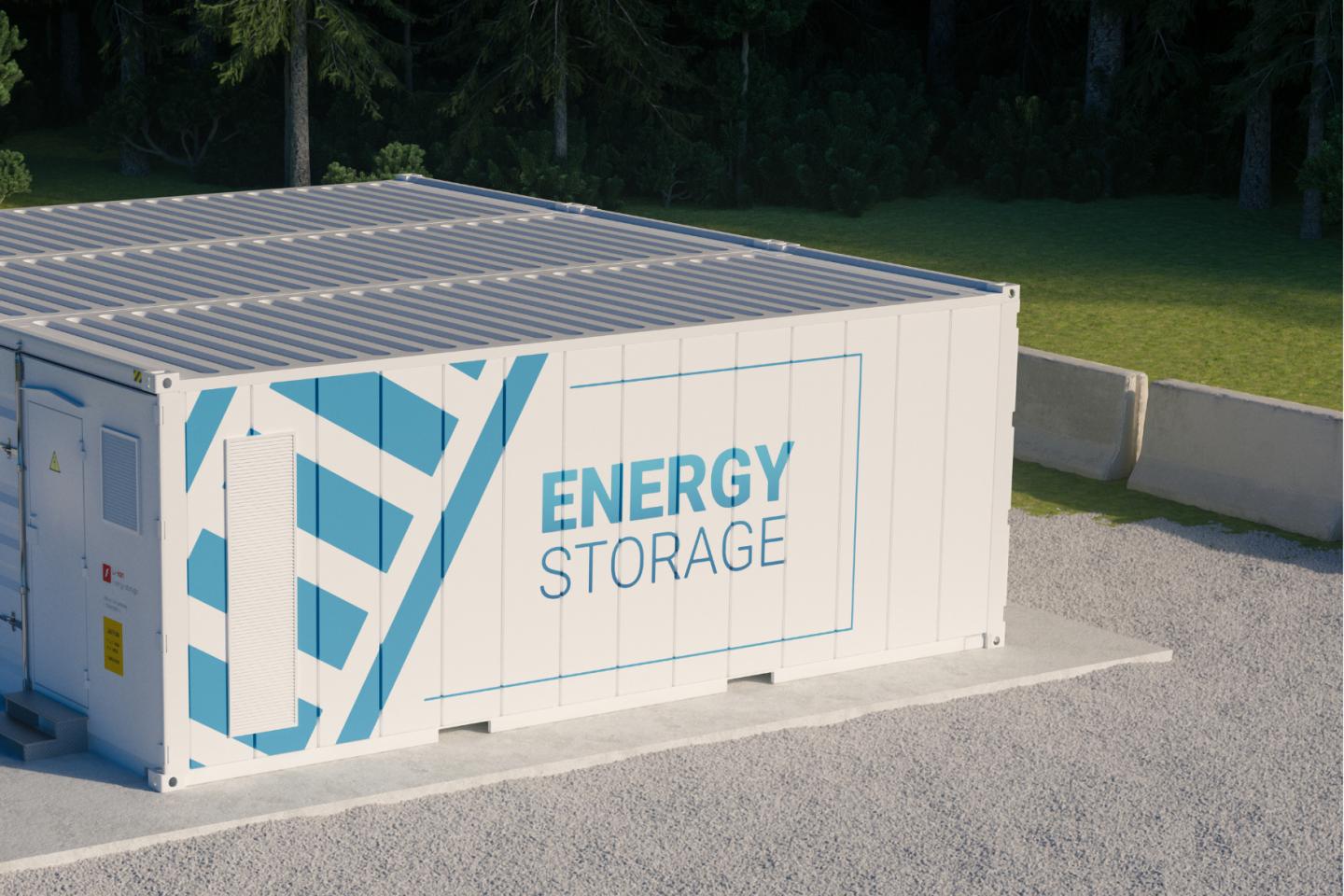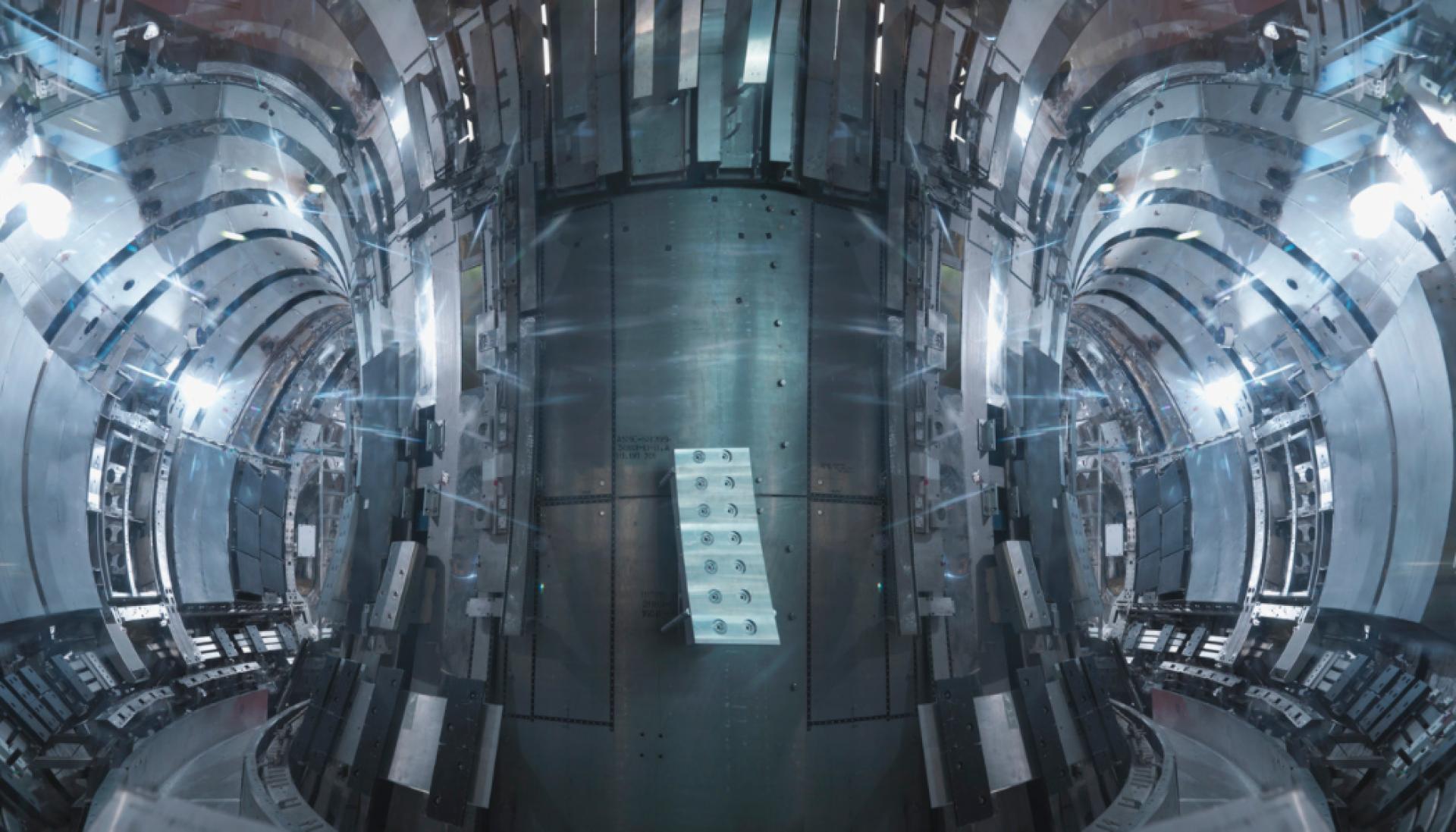The Increasing Need for Energy Storage
A major breakthrough took place recently in the world of nuclear fusion energy.
Scientists from the UK-based JET laboratory managed to break records for the amount of energy produced by fusing two forms of hydrogen.
In a five-second burst, the experiment produced around 59 megajoules of energy. This isn’t a huge amount on the surface, but it’s more than double the amount of energy created by a similar test in 1997.
What does this all mean?
Well, it’s a big step towards achieving sustainable energy. If nuclear fusion can be scaled up successfully, that could provide us with an unlimited source of low-carbon, low-radiation energy.
This is great news.
But there’s a slight catch.
The ability to produce huge amounts of sustainable energy is incredible - but this energy needs to be stored. And producing effective storage solutions at scale isn’t a simple task.
So what does the future of energy storage look like? Who is going to step up to create new solutions, and how will this impact the market?
The energy storage market
As the chaos of the COVID pandemic begins to slow down, global leaders are focusing on economic recovery and opportunities for financial growth.
Renewable energy is a huge talking point on the international stage. Pressure is mounting for governments to invest in renewable solutions, and there’s a growing need for new technologies to emerge.
As renewable energy production becomes a bigger focus, energy storage will also need to evolve and improve.
The total energy storage market doubled in size in 2021 to reach 56 GWh - a number which is expected to increase by 17x in 2030. The industry is receiving additional investment and political support, which is fuelling rapid growth.
How is the market changing?
However, although the energy storage market is quickly expanding, there are still questions about the growth necessary to facilitate renewable solutions.
Even if huge advancements are made in creating renewable energy, the potential could be limited by a lack of efficient storage options.
If energy is produced, it must be stored to be distributed and harnessed effectively.
So how is energy storage progressing on a global level?
Battery storage capacity additions rose to a record high 5-GW in 2020 - increasing by 50% after a flat 2019, when installations failed to rise for the first time in a decade.
China and the US both added significantly to this increase, implementing gigawatt-scale facilities and focusing political policies on enhancing these contributions.
Capacity additions in China more than doubled in 2020, while the US bolstered the ‘Better Energy Storage Technology Act’ - an act that authorised over $1bn to fund the research and commercialisation of new storage solutions.
Global investment in battery storage also increased by almost 40% in 2020 to a value of around $5.5bn.
Interest and investment in energy storage are heading in the right direction. But is the current market developing quickly enough?
Targets for energy storage
Many countries have expressed their commitment to ‘Net Zero’ emissions in the near future - but the current growth of energy storage may not be sufficient to achieve these targets.
A ‘Net Zero by 2050’ scenario would require colossal increases in energy storage capacity.
600 GW of battery storage would need to be installed by 2030 to meet this goal, which would mean the current global capacity increasing by 20x in the next decade.
This sounds like a daunting task, and it’s certainly no easy feat, but global commitment to renewable energy is clearly strengthening. Key players are starting to invest more time (and more money) into energy storage.
New start-ups are also emerging across the globe to tackle these challenges.
Since the energy storage market is thriving and actively seeking out fresh ideas, there are plenty of opportunities for new businesses to shine.
Swedish company Northvolt has been making a big impact in the world of energy storage, having raised around $6.5 billion in equity to fund their battery solutions.
The startup is using these funds to fuel an expansion plan that aims to deliver 150 GWh in storage capacity in Europe by 2030. Northvolt are focusing their efforts on creating solutions for the stationary energy storage industry and the electric vehicle market.
UK energy storage start-up Zenobe Energy is aiming to install an additional 500MWh of storage and supply batteries for 1000 electric buses following a £150 million investment. This investment has led to Zenobe announcing a project to build Europe’s largest grid-connect battery at 100MW capacity in the North of England, making further steps to meeting energy storage goals.
Expect to see more and more ambitious energy storage and related technology startups emerging in the near future, as governing bodies prepare to invest heavily in new tech solutions but some existing start-ups to watch include:
• Powervault - has developed the UK’s most affordable and easiest to install home energy storage device, which can lower consumer electricity bills and provide emergency power if necessary.
• Bramble Energy - is an innovator energy technology company that designs and manufactures high-performance, low-cost fuel cell stacks.
• Moixa - develops smart battery technology designed to optimise renewable energy usage, which can be monitored with its GridShare energy management software.
• Advano - Advano's silicon nanoparticles dramatically increase the energy density of lithium-ion batteries by 30-40% without sacrificing battery life or increasing the battery cost.
Opportunities in energy storage
The energy storage market will inevitably continue to expand in the coming years.
With steadily increasing support from investors, business owners, and governments, energy storage companies will find themselves with massive potential for growth.
Any advancements in renewable energy production will need to be combined with equally innovative storage solutions - which will generate plenty of exciting job opportunities.
New startups will require support in a variety of different roles in order to evolve, so the future is incredibly bright for the energy storage industry.
If your company lies within the health and biotech space and you’re keen to build out your finance team, don’t hesitate to get in touch with Jamie ([email protected]) for expert support.


